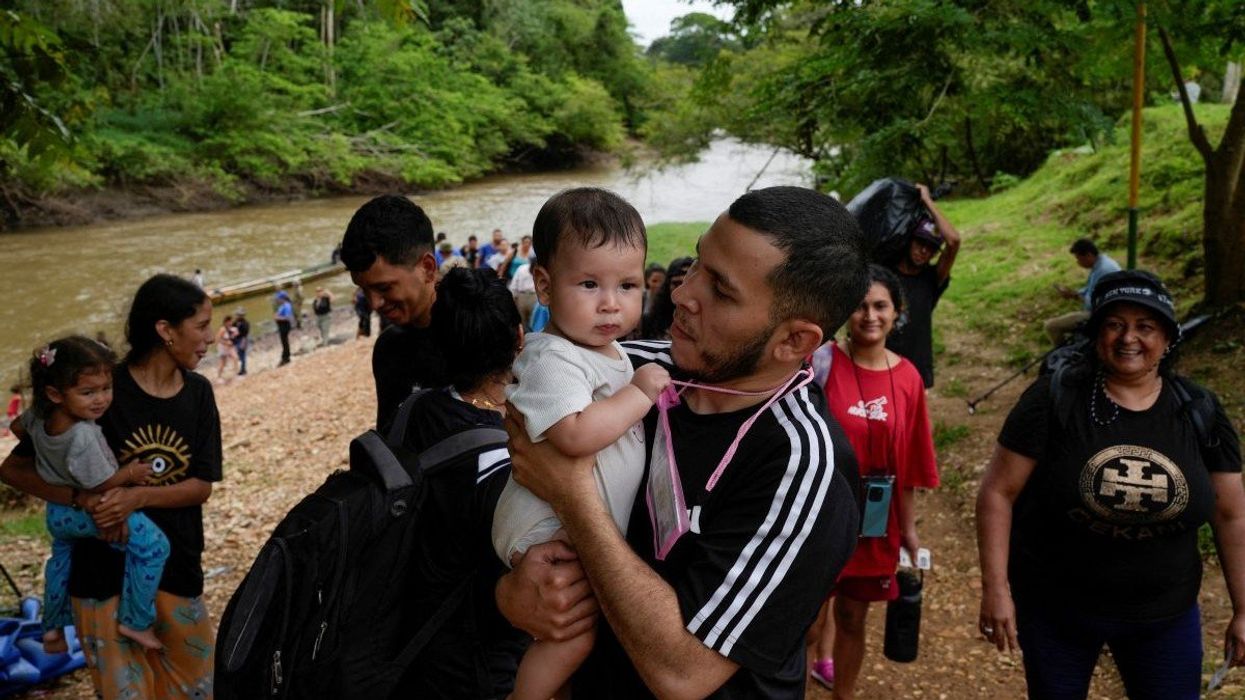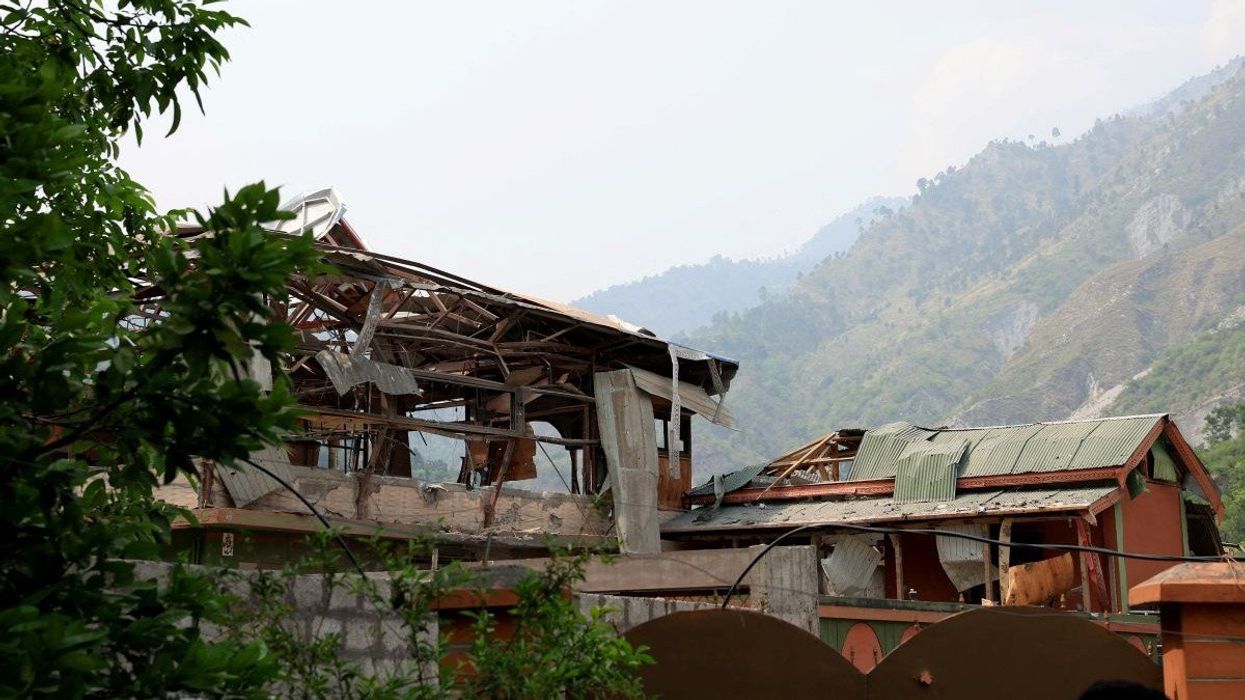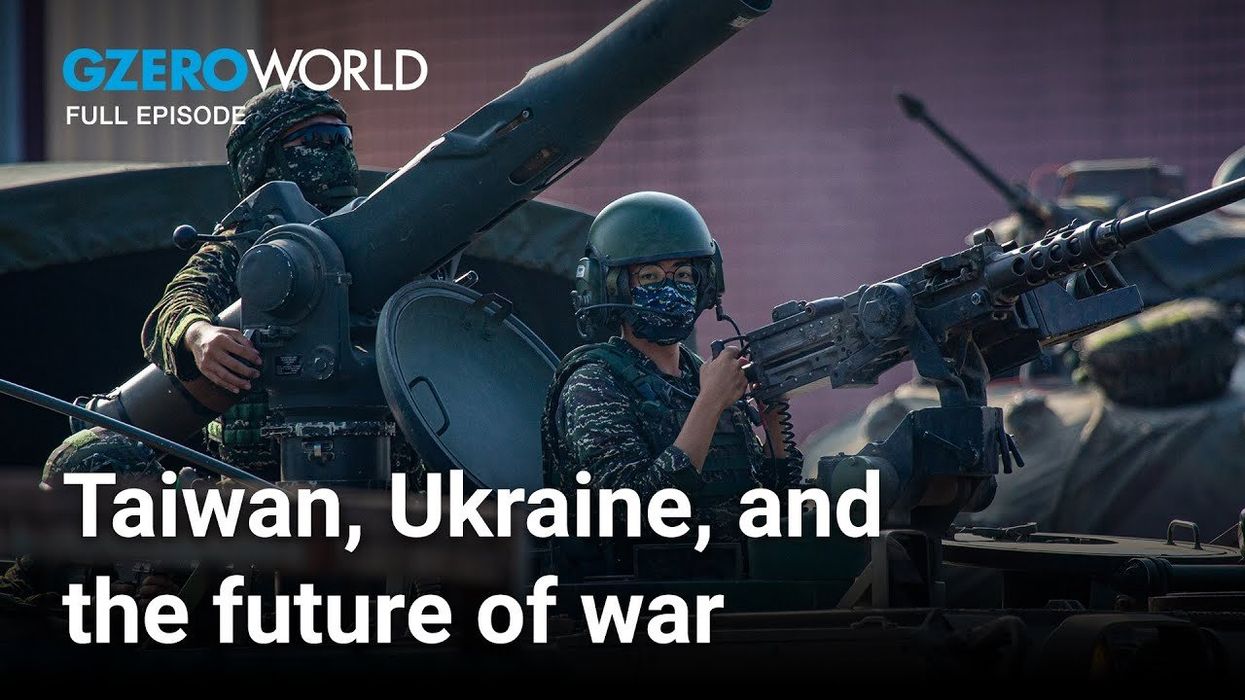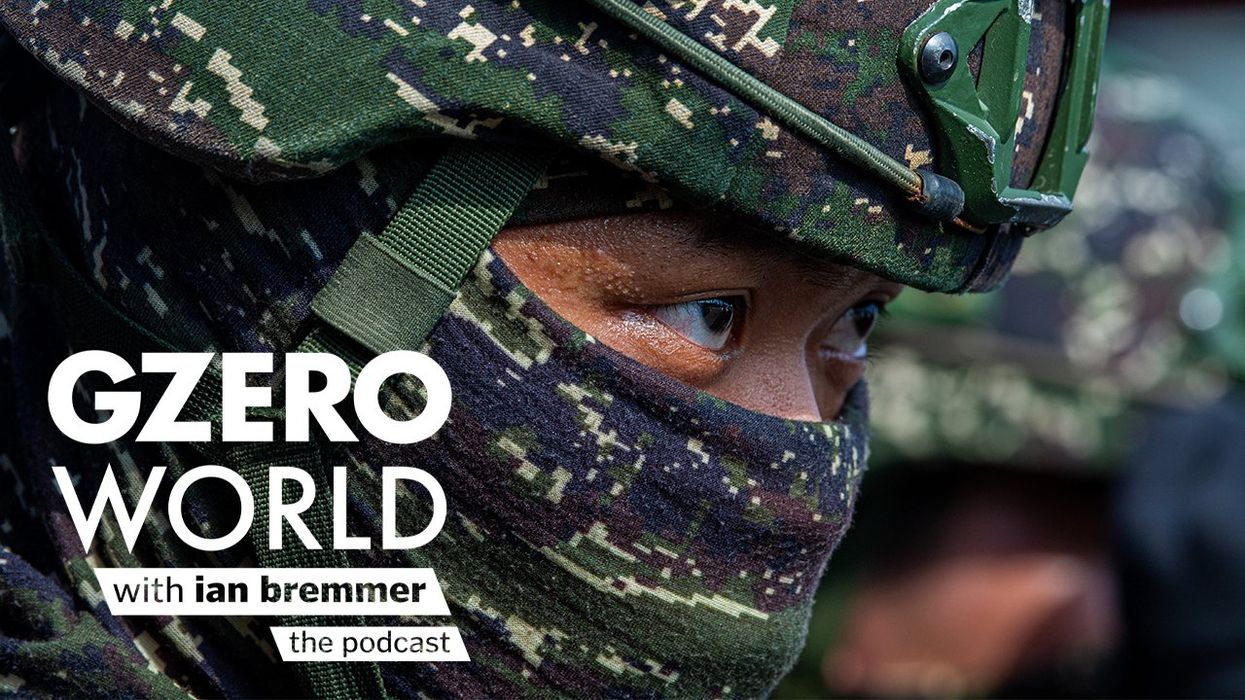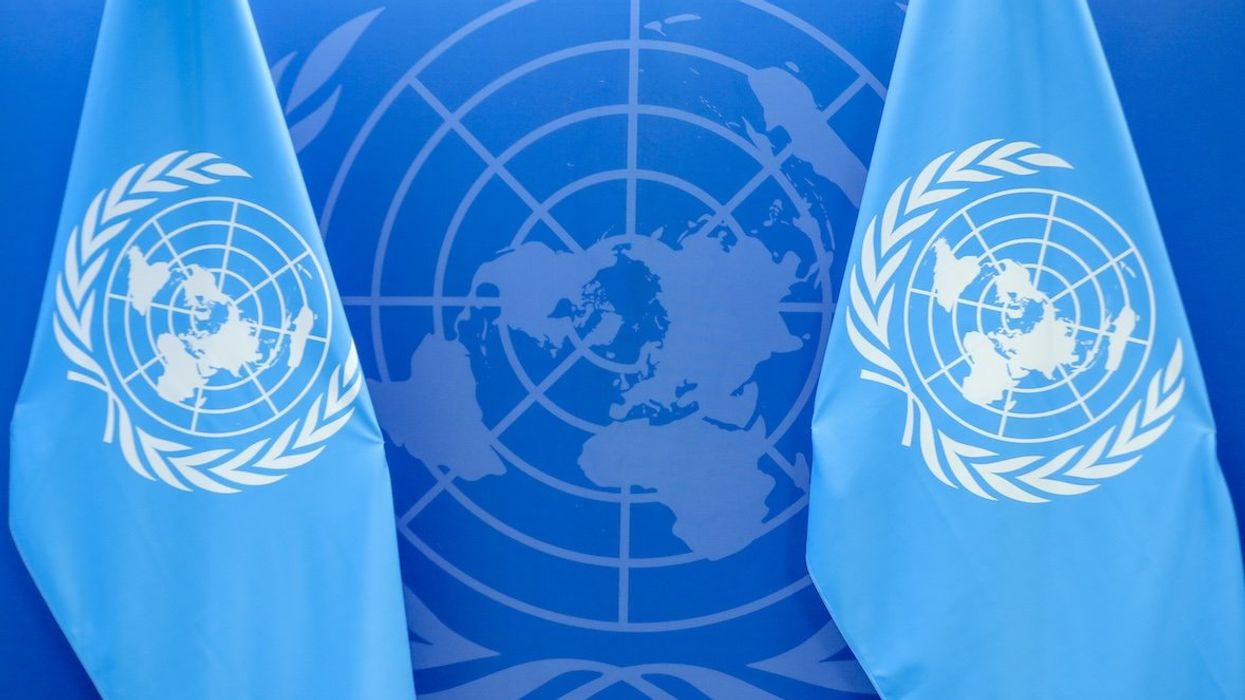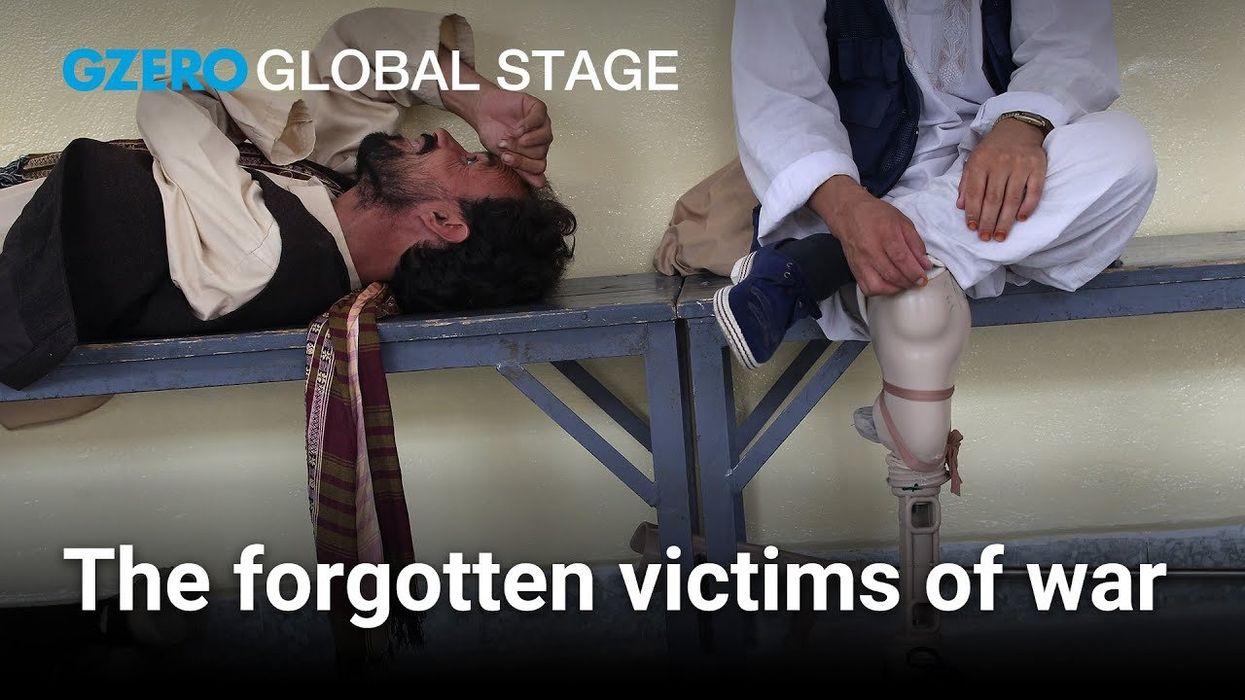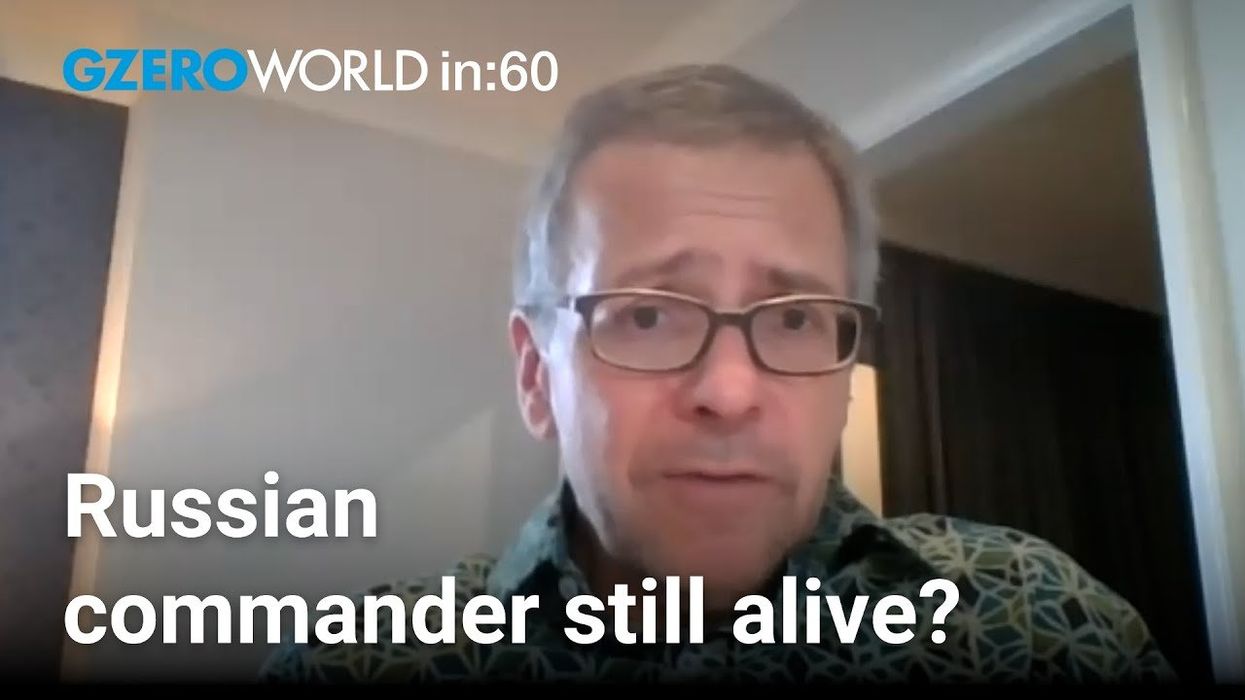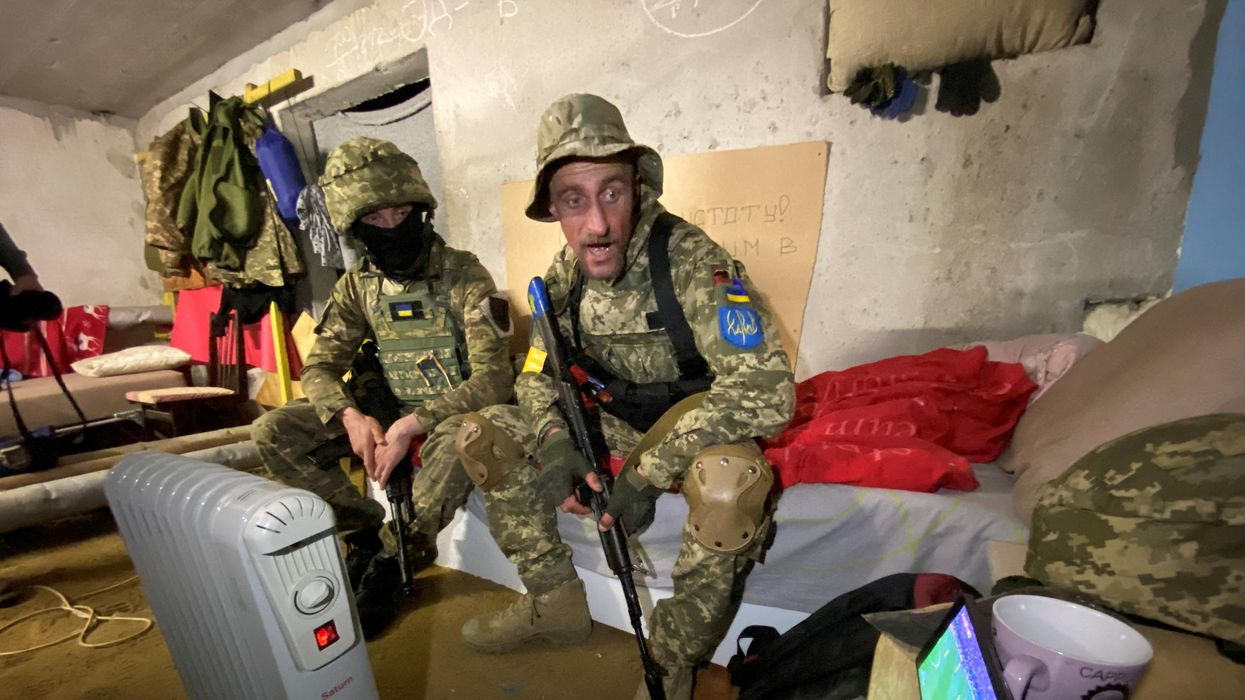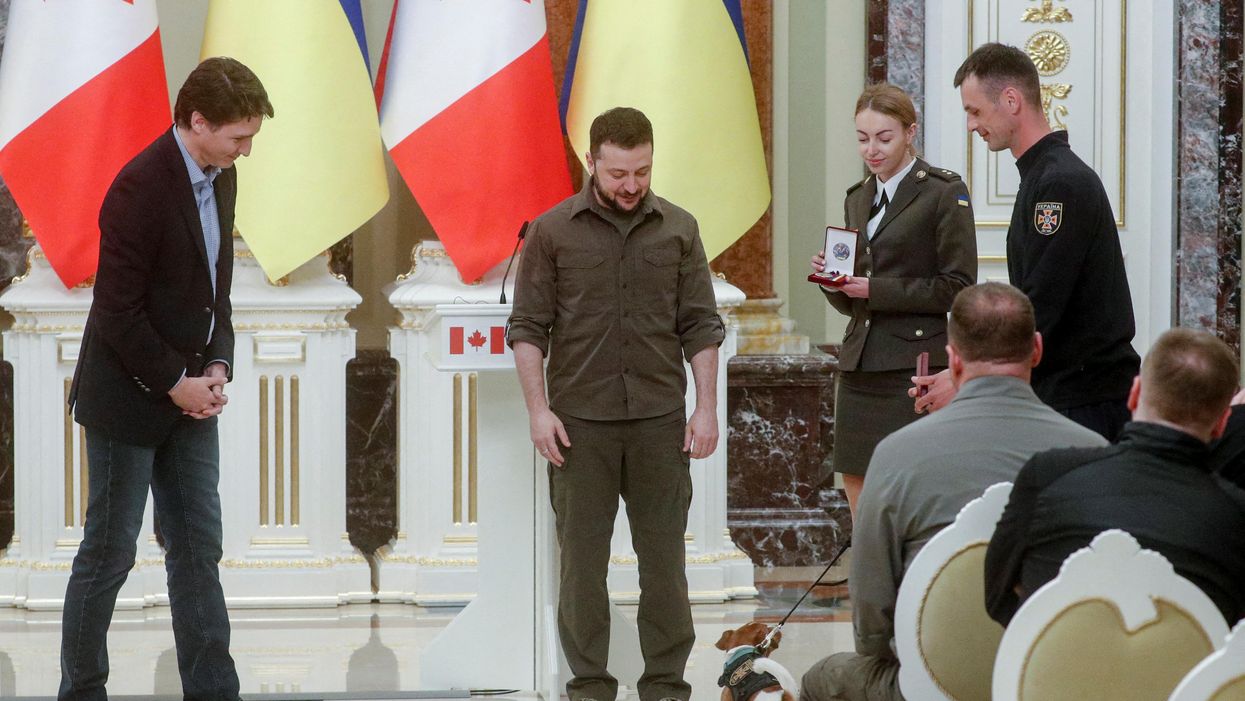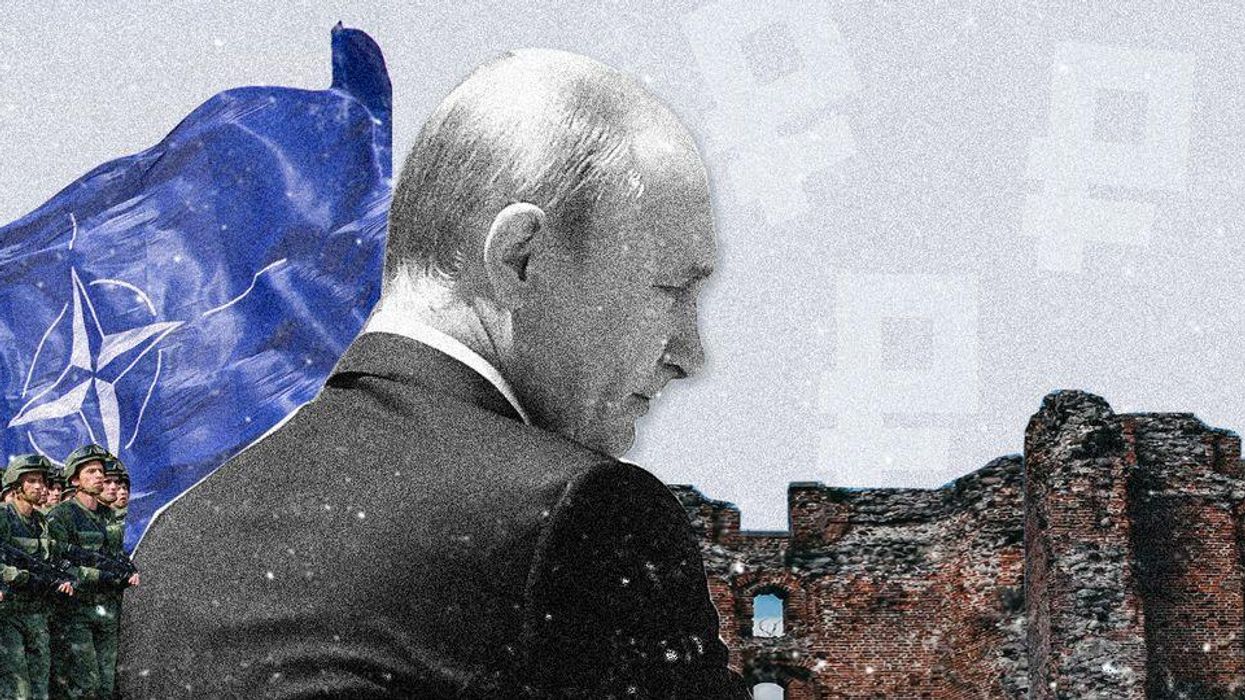Viewpoint
The migration issue will only get worse
More and more people will seek a new homeland over the next few decades, which will pose a major challenge to political leaders. However, politicians have shown little interest in dealing with this challenge in a sensible fashion.
Jun 05, 2025
